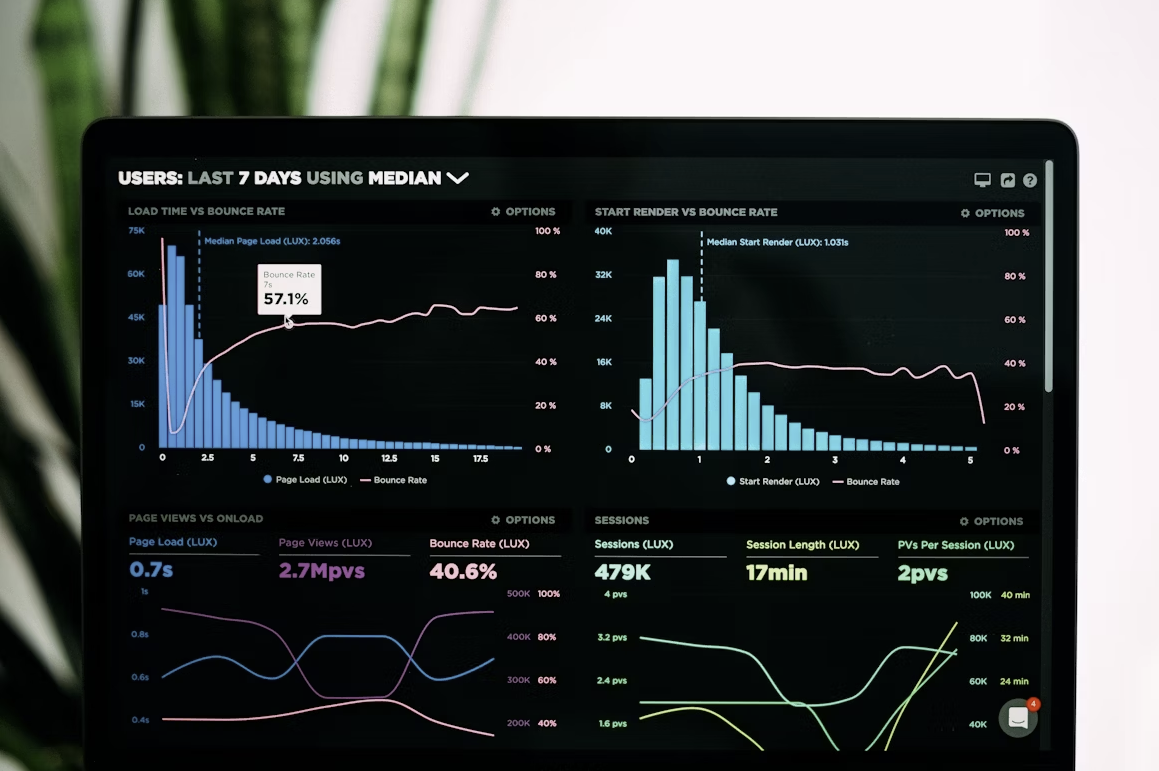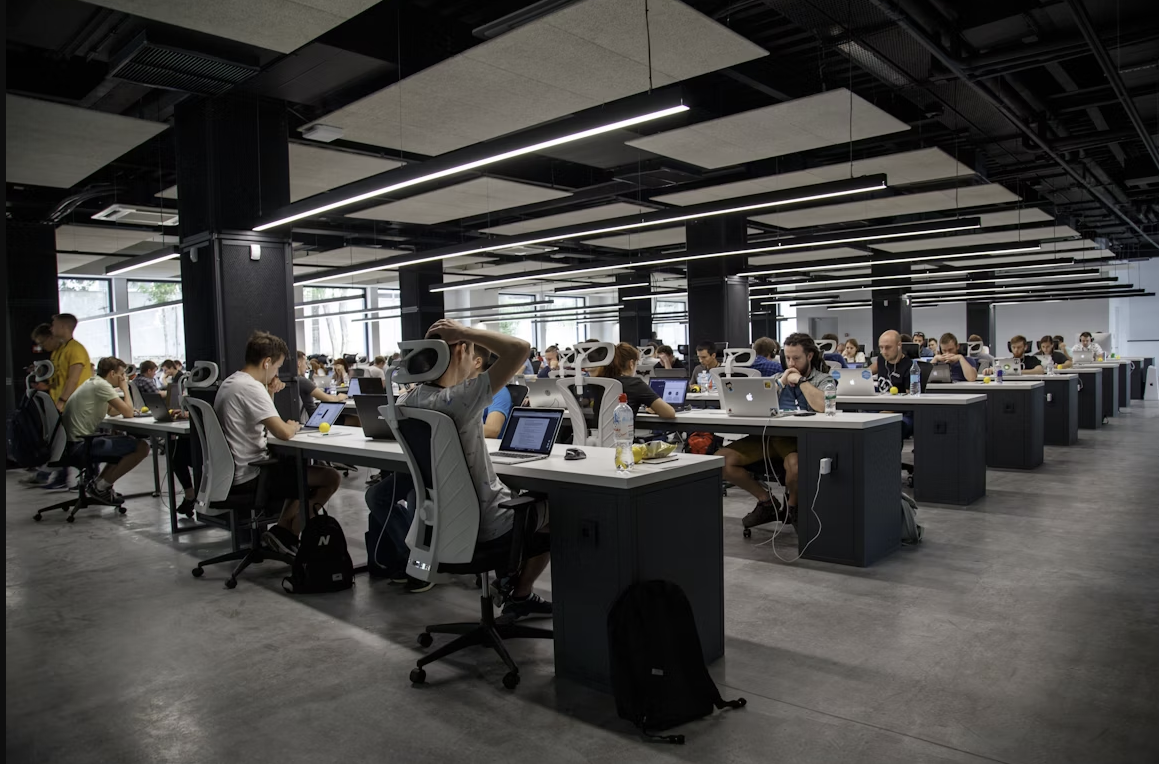
Vancouver's startup ecosystem is demonstrating remarkable resilience in 2025, despite facing significant global economic challenges and a tightening venture capital environment. The city continues to cement its position as Canada's second-largest tech hub and a significant player on the North American technology landscape.
As global venture funding retreats to pre-pandemic levels, Vancouver's startup ecosystem is bucking the trend in 2025, with local tech companies securing $1.2 billion in investment during the first quarter alone. The Pacific coast hub has solidified its position as Canada's second-largest tech center, now hosting over 3,000 active startups that employ nearly 75,000 people across the region.
"Vancouver has proven its ability to adapt and evolve through economic cycles," says Jill Tipping, CEO of BC Tech Association. "What we're seeing now is a maturation of the ecosystem, with companies focusing on sustainable growth and profitability rather than the growth-at-all-costs mentality of previous years."
Vancouver's tech sector currently employs approximately 91,000 professionals across 6,700 companies, contributing an estimated $23.2 billion to British Columbia's GDP annually. Despite a global slowdown in venture funding, Vancouver-based startups raised $1.8 billion in 2023, down from peak pandemic levels but still substantially higher than pre-pandemic figures.

The first two quarters of 2025 have shown signs of stabilization, with approximately $780 million raised across 72 deals, according to data from Hockeystick and the Canadian Venture Capital Association.
Vancouver's startup ecosystem continues to demonstrate particular strength in several key sectors:
With British Columbia's commitment to reducing carbon emissions and Vancouver's Greenest City Action Plan, the region has become a hotbed for climate technology innovation.
"Vancouver is uniquely positioned to lead in climate tech," explains Mike Winterfield, Managing Partner at Active Impact Investments. "We have the natural resources, technical talent, supportive policies, and increasing capital flows to build globally significant companies addressing climate challenges."
Notable companies include Carbon Engineering (direct air capture technology), MineSense (mining efficiency technology), and Moment Energy (repurposing electric vehicle batteries for energy storage).
The pandemic accelerated growth in Vancouver's health technology sector, with companies like AbCellera Biologics (which went public in 2020 with one of Canada's largest-ever IPOs) leading the charge.
The city's life sciences cluster, centered around the University of British Columbia and supported by organizations like adMare BioInnovations, continues to expand with companies focusing on precision medicine, digital therapeutics, and healthcare AI applications.

Despite cryptocurrency market volatility, Vancouver maintains a strong blockchain and digital asset ecosystem. Companies like Dapper Labs (creators of NBA Top Shot and Flow blockchain) and Covalent (blockchain data infrastructure) continue to innovate in the space.
The establishment of the Digital Technology Supercluster and continued support from organizations like Launch Academy have helped maintain momentum in this sector despite regulatory uncertainties.
Vancouver's talent pool remains one of its greatest assets, with technical professionals drawn to the city's quality of life, diverse population, and growing tech opportunities.
However, the ecosystem faces persistent challenges:
Vancouver consistently ranks among the world's least affordable housing markets, creating significant challenges for startups trying to attract and retain talent.
"The housing situation remains our biggest competitive disadvantage," notes Cory Janssen, CEO of AltaML. "We're competing for global talent, and while Vancouver offers an incredible lifestyle, the cost of living makes recruitment increasingly difficult, especially for early-stage companies with limited resources."
Recent provincial and municipal initiatives aim to increase housing supply, but solutions remain years away from meaningful impact.
With proximity to Seattle and the rise of remote work, Vancouver startups increasingly compete with U.S. tech giants for talent. This has driven up compensation expectations, particularly for experienced software engineers and data scientists.
"We're seeing a bifurcation in the talent market," explains Alexandra Greenhill, CEO of Careteam Technologies. "Junior positions remain relatively affordable, but senior technical and leadership roles now command salaries approaching U.S. levels, which creates sustainability challenges for early-stage companies."

The venture capital landscape in Vancouver has evolved significantly in recent years:
Vancouver's venture capital ecosystem has matured, with firms like Version One Ventures, Yaletown Partners, and Renewal Funds establishing strong track records. Additionally, new funds like Rhino Ventures and Pender Ventures have emerged to support early-stage companies.
"We're seeing a healthy diversification of capital sources," says Boris Wertz, founding partner of Version One Ventures. "Ten years ago, Vancouver startups had to look elsewhere for Series A and beyond. Today, there's much more local capital available across stages, though the biggest rounds still typically involve U.S. investors."
In response to the global funding slowdown, Vancouver startups have increasingly emphasized capital efficiency and sustainable growth metrics.
"The days of raising on pure vision and growth are temporarily behind us," explains Ray Walia, CEO of Launch Ventures. "Investors now expect clear unit economics, reasonable burn rates, and realistic paths to profitability. This has actually strengthened the ecosystem by focusing founders on building sustainable businesses."
Vancouver's startup support infrastructure continues to evolve:
Organizations like VentureLabs, Launch Academy, and Foresight CAC provide crucial support for early-stage companies. The Creative Destruction Lab at UBC's Sauder School of Business has become particularly influential in helping deep tech startups commercialize their innovations.
Provincial and federal programs continue to play important roles in supporting innovation:
- The BC Tech Fund, a $100 million venture capital fund-of-funds
- The Scientific Research and Experimental Development (SR&ED) tax incentive program
- The Industrial Research Assistance Program (IRAP)
- The Strategic Innovation Fund
"Government support remains crucial, particularly for capital-intensive sectors like cleantech and life sciences," says Leah Nguyen, Chief Strategy Officer at Innovate BC. "The challenge is ensuring these programs remain competitive globally while adapting to changing market conditions."

As Vancouver's startup ecosystem navigates 2025 and beyond, several key challenges and opportunities stand out:
1. Scaling Limitations: Vancouver continues to excel at company formation but faces challenges in scaling companies beyond Series B funding rounds, with many successful startups either being acquired or relocating their headquarters as they grow.
2. Global Economic Uncertainty: Persistent inflation concerns, geopolitical tensions, and the potential for continued interest rate pressures create a challenging macroeconomic environment.
3. Regulatory Complexity: Emerging technologies face evolving regulatory frameworks, particularly in areas like digital assets, AI, and health technology.
1. AI Integration: Vancouver's strong machine learning talent pool positions the ecosystem to capitalize on the ongoing AI revolution, with companies increasingly integrating AI capabilities into their products and services.
2. ESG Leadership: The city's focus on sustainability and social impact aligns with growing investor interest in environmental, social, and governance (ESG) factors.
3. Cross-Border Collaboration: Proximity to Seattle and strong ties to Silicon Valley create opportunities for increased collaboration and investment flows.
Industry experts remain cautiously optimistic about Vancouver's startup ecosystem trajectory. While the days of abundant venture capital and sky-high valuations may be temporarily paused, the fundamentals supporting innovation remain strong.
"What we're seeing is a healthy reset," concludes Gerri Sinclair, BC's Innovation Commissioner. "Vancouver's startup ecosystem is demonstrating the resilience and adaptability that comes with maturity. The companies that emerge from this period of capital discipline will be stronger, more sustainable, and better positioned for long-term success."
As Vancouver continues to navigate global economic headwinds, its combination of technical talent, quality of life, sectoral strengths, and supportive infrastructure provides a solid foundation for continued innovation and growth in the years ahead.

Get the latest news and stories delivered to your inbox.